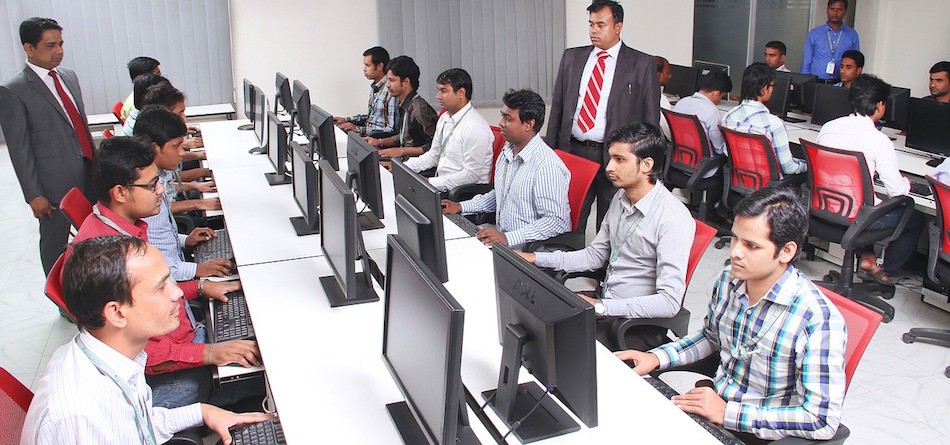
Photo credit: Pixabay.
India is seen abroad as a place that produces high-caliber tech talent, and there’s good reason for that. Silicon Valley is teeming with Indian entrepreneurs, and some of the world’s biggest tech companies have Indian migrants at the helm. But it hides a dark side: most of the engineers being churned out by the thousands of colleges in India are not even employable. The ones who come to the limelight are mostly the cream from premier colleges like the IITs.
Only 4.77 percent of those who took the test were assessed to be employable in software development jobs.
Just how stark is the contrast between the Sundar Pichais and Satya Nadellas with the bulk of engineers graduating every year in India has been brought out in a new study by talent assessment firm Aspiring Minds. It says over 36,000 engineering students from IT-related departments of more than 500 colleges took an automated test using machine learning.
The study says that only 4.77 percent of those who took the test were assessed to be employable in software development jobs. Two-thirds of the tested students could not even write code that compiles.
Test methodology
The 10-year-old Aspiring Minds, headquartered in Gurgaon, India, with operations in the US, Southeast Asia, the Middle East, and Africa, provides assessment and certification services to global clients like Amazon, Microsoft, GE, and Coca Cola. Backed by Omidyar Network, it also conducts an open certification test, AMCAT, which IT companies like Wipro use for entry-level hiring.
For the assessment of engineering students in this study, it used a tool called Automata. Candidates write solutions to programming problems which can be executed in a simulated compiler. It also uses machine learning (ML) to determine how close the candidate’s programming logic is to a possible solution.
Simpler tests grade solutions on the basis of the percentage of test cases where the code works, and do not look at the candidate’s thought process. Aspiring Minds says its ML-based test score has a Pearson correlation of 0.85 with that of an expert interviewer’s score, compared to 0.6 for a regular test score.
It’s not the first time reports have exposed the poor quality of students being churned out by the thousands of engineering colleges in India. The government is also considering a proposal to make a standardized exit test mandatory for all engineering students across the country.
But it’s the first time that less than 5 percent of students were found employable in such a big sample size of 36,000 students from 500 colleges. One caveat on the study is that even 5 percent of the engineers who graduate in India is a large number – but it does show the increasing inadequacy of most colleges.
India has a legacy of providing IT back-office services to the world which did not require a high level of skills. This is changing with the rise of entrepreneurship and innovation which require the talent to develop cloud-based software products, analytics, automation, and so on. So there appears to be a huge gap building up between today’s tech job requirements and the skill levels that most of the engineering colleges are providing.
See: Find out how robot-proof your job is
US President Donald Trump’s curbs on visas for migrant tech workers may be just what India desperately needs at this juncture to fuel its shift to an innovation-driven tech ecosystem.
This post Less than 5% of Indian engineering students are fit for techie jobs, study finds appeared first on Tech in Asia.